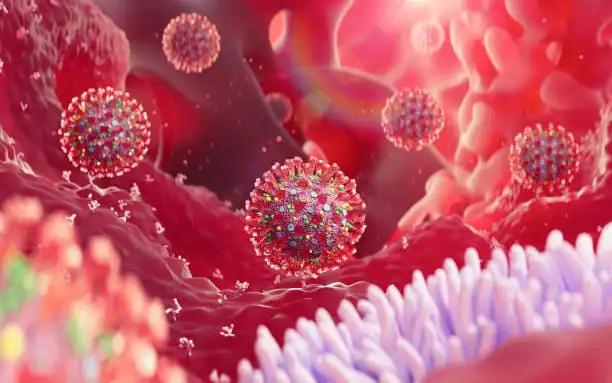KEY TAKEAWAYS
- The study aimed to explore the potential of a pulmonary rehabilitation training program in effectively addressing the issue.
- The results showed that pulmonary rehab lessened post-op cough, improved quality of life, and enhanced lung function.
Persistent postoperative cough is a significant complication following lung cancer surgery, potentially affecting both lung function and quality of life. However, effective treatments for managing this issue in the long term remain elusive.
Nanzhi Luo and the team aimed to explore the potential of a pulmonary rehabilitation training program to address the issue effectively.
Researchers conducted a retrospective review on patients with non-small cell lung cancer (NSCLC) who underwent lobectomy and lymph node dissection via video-assisted thoracoscopic surgery (VATS). Patients were categorized into two groups based on their postoperative rehabilitation methods: the traditional rehabilitation group and the pulmonary rehabilitation group.
All patients completed assessments using the Leicester Cough Questionnaire (LCQ) on the third postoperative day. Additionally, at the 6-month follow-up, patients’ LCQ scores and lung function were re-evaluated to assess the long-term effects of the pulmonary rehabilitation training programs.
The results revealed that among the 276 patients meeting the inclusion criteria, 195 (70.7%) were in the traditional rehabilitation group, while 81 (29.3%) participated in the pulmonary rehabilitation group. The pulmonary rehabilitation group demonstrated a significantly lower incidence of cough on the third postoperative day (16.0% vs 29.7%, P= .018) and higher LCQ scores in the somatic dimension (5.09 ± .81 vs 4.15 ± 1.22, P= .007) also in the total score (16.44 ± 2.86 vs 15.11 ± 2.51, P = .018), whereas there were no significant differences in psychiatric and sociological dimensions.
At the 6-month follow-up, the pulmonary rehabilitation group continued to have a lower cough incidence (3.7% vs 12.8%, P= .022) and higher LCQ scores across all dimensions: somatic (6.19 ± .11 vs 5.75 ± 1.20, P= .035), mental (6.37 ± 1.19 vs 5.85 ± 1.22, P= .002), sociological (6.76 ± 1.22 vs 5.62 ± 1.08, P< .001), and total (18.22 ± 2.37 vs 16.21 ± 2.53, P< .001). Additionally, lung function parameters, including FVC, FVC%, FEV1, FEV1%, MVV, MVV%, DLCO SB, and DLCO%, were all significantly higher in the pulmonary rehabilitation group compared to the traditional group.
The study concluded that pulmonary rehabilitation exercises significantly decreased postoperative cough incidence and enhanced cough-related quality of life in individuals undergoing lobectomy, with sustained benefits noted at the 6-month follow-up. Additionally, these exercises exhibited superior lung function outcomes compared to traditional rehabilitation methods.
Funding was provided by the National Natural Science Foundation of China and the Natural Science Foundation of Sichuan Province.
Source: https://pubmed.ncbi.nlm.nih.gov/38764164/
Luo N, Dai F, Wang X, et al. (2024). “Pulmonary Rehabilitation Exercises Effectively Improve Chronic Cough After Surgery for Non-small Cell Lung Cancer.” Cancer Control. 2024 Jan-Dec;31:10732748241255824. doi: 10.1177/10732748241255824. PMID: 38764164; PMCID: PMC11104028.



